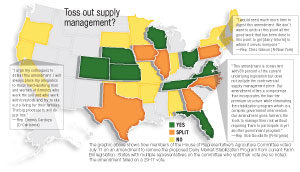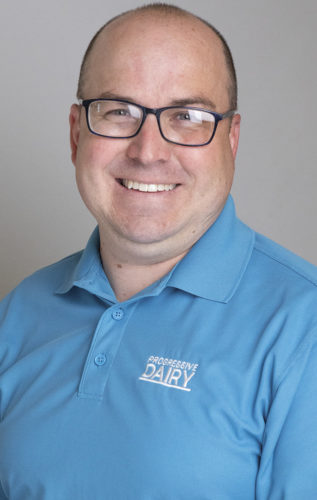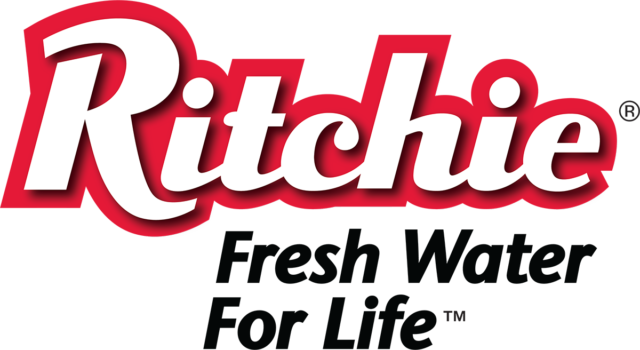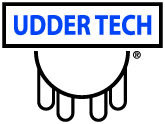Dairy reform’s most controversial issue isn’t going away quietly. Supply management for U.S. milk production survived the House Ag Committee’s markup of the 2012 Farm Bill on a bipartisan 29-17 vote, even as opponents proposed to strip it from the bill. Click here or on the image at right to view it at full size in a new window.
But it’s unlikely the fight over inclusion of supply management in dairy reforms is over. As of early August, the Farm Bill was stalled in the House, awaiting a floor vote on the measure.
Republican leadership in the House had proposed a one-year extension of the current Farm Bill as opposed to proceeding to a floor vote. That proposal was withdrawn after many dairy and ag industry groups came out in opposition to an extension.
But even if the Farm Bill that passed in committee is brought before the full House this year, supply management opponents say they anticipate presenting again the amendment defeated by the committee, which would strip out supply management from dairy reform.
That proposal was quickly hatched and unveiled just days before the House Ag Committee met July 11 to mark up the Federal Agriculture Reform and Risk Management Act of 2012 or 2012 Farm Bill.
Rep. Bob Goodlatte (R-Virginia) co-sponsored the proposal, which would have been a margin insurance program similar to reforms included in the House version of the Farm Bill and the version already passed by the Senate.
But it would not have required participation in supply management to be covered by government-sponsored insurance.
The cost of margin insurance under the Goodlatte amendment would have generally cost more than similar proposals to cover milk production in excess of four million pounds and less for coverage for production less than that amount. Goodlatte’s amendment also proposed insurance without set-up fees.
The versions passed by the House Ag Committee and the Senate would provide margin insurance on all of a producer’s milk when milk-feed margins fall below $4 for free, if they agree to supply management.
In contrast, the Goodlatte amendment, while not requiring supply management, would have only covered the first four million pounds of a dairy’s production at or below a $4 margin for free.
NMPF Senior Vice President and lobbyist Dana Brooks says the proposal wasn’t well vetted. “We were disappointed by the effort to unravel a coalition for dairy reform that has been formed over the past three years,” Brooks says.
Brooks says NMPF primarily opposed the amendment because the cost of insurance premiums were imbalanced between small and large milk producers.
She also says because the amendment didn’t cap government payments or address how to signal to producers an oversupply of milk in the marketplace, that it would likely enhance overproduction during times of low margins.
Of the representatives who supported the amendment in committee, most cited government involvement in the control of the supply of any product as the reason for their opposition to the proposed Farm Bill dairy reforms.
“This is an ideological battle – whether the government should be in a place to control and dictate supply of any product in this country,” Rep. Reid Ribble (R-Wisconsin) said.
International Dairy Foods Association (IDFA), which has always been opposed to milk supply management in any form, also supported the Goodlatte amendment. Jerry Slominski, senior vice president and lobbyist for IDFA, says the amendment proved margin insurance without supply management could have competitive rates.
“This program is much better than insurance with stabilization because it would not offset what producers get in insurance payments from what’s already being taken out of their checks through the stabilization program,” Slominski says.
Rep. Collin Peterson (D-Minnesota), who last fall introduced the dairy reforms in the current Farm Bill proposal, attacked the amendment in committee by saying that in the long run he believes the proposal would cost more than it saves – up to 10 times so.
“The Congressional Budget Office has not scored this correctly,” Peterson asserted during committee markup. “They are projecting that prices are never going to go down.
Well, let me tell you something – you’re going to cause overproduction and collapse prices. The government is going to pay and you’re not going to be able to stop it.”
Slominski says although the committee’s vote defeated the amendment, it showed enough opposition to supply management to bring the issue before the entire House membership.
“I think the committee’s vote had more to do with politics and the deals being cut than the merit of the amendment’s proposal because if the vote would have been on the merits of the proposal we would have won,” Slominski says. “The ag committee is a captive audience, and even among them supply management eked out a majority – but not a great majority.
When this vote goes to the floor, I think a proposal with supply management is in trouble.”
Slominski says offering the amendment again on the House floor for a full House vote is a real possibility given House Speaker John Boehner’s (R-Ohio) reported comments calling U.S. dairy policy “a Soviet-style dairy program – and the Farm Bill would actually make it worse.”
Brooks says she believes Boehner’s comments were in reference to Federal Milk Marketing Order reforms, which are not included in the Farm Bill, and not to the Dairy Market Stabilization Program. However, she acknowledged NMPF is preparing for the possibility of a floor debate on dairy policy reform.
“Imagine educating 435 members of Congress on dairy policy. That’s not going to be fun. But we continue to inform members of the Congressional Dairy Caucus about proposed reforms,” Brooks says. “We suspect there will be another effort to try to put Dairy Stabilization into a supply management box.”
Brooks asserted NMPF would be successful in defeating the Goodlatte amendment, even if it is brought to a vote again.
“We’ve been developing this proposal for three years,” Brooks says. “It’s been developed in a glass house. There has been every opportunity for supporters or those in opposition to come and ask questions.” PD









